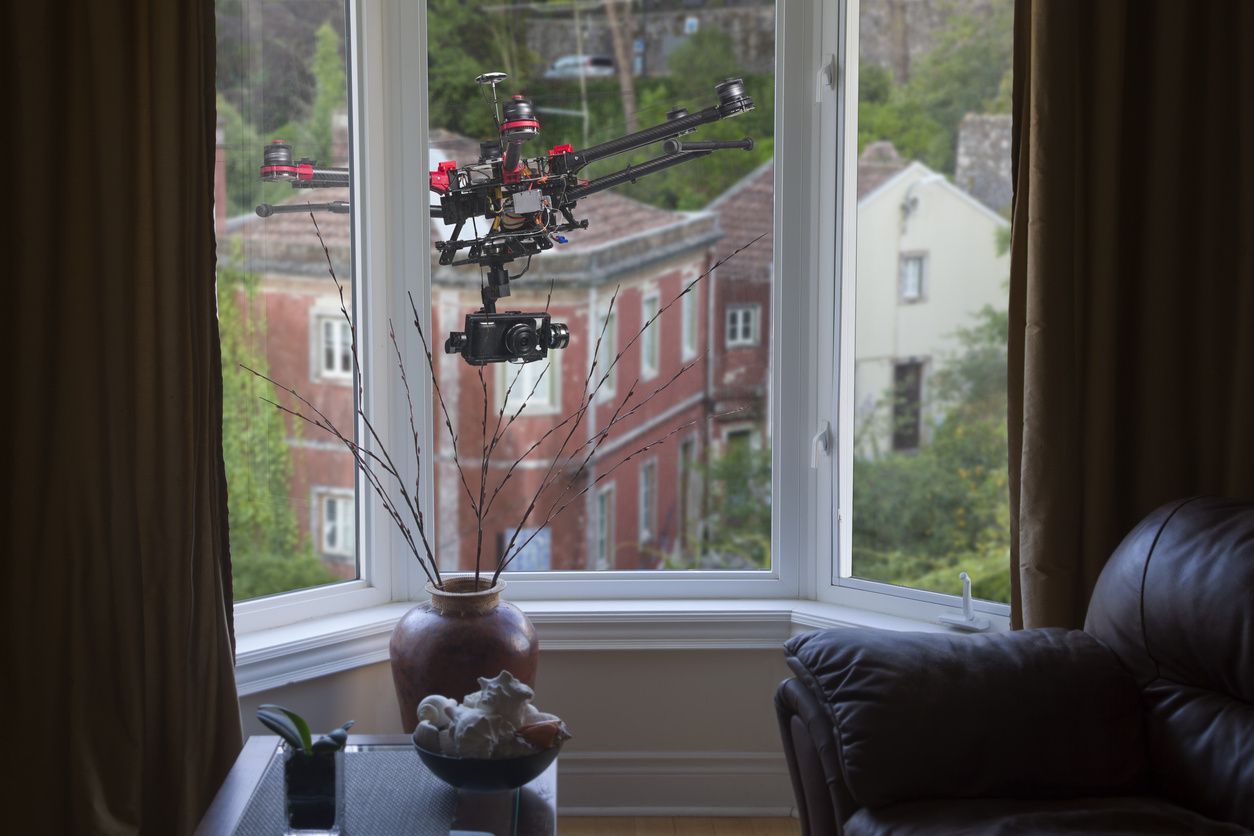Dedrone unveils its latest weapon in the fight against rogue drones
While most consumers think of drones as fun, flying objects to play with on their weekends, these unmanned aerial vehicles (UAVs) represent something far different to others. Anyone who has ever been buzzed while walking around their neighborhood by a drone knows how intrusive that feeling can be. That fun vaporizes in seconds when you realize you don't know who is flying the drone, what they're seeing — and where they are.
But Dedrone is unveiling a new solution, a product called a RF-300, that not only detects drones — but pinpoints where their pilots are at that moment. That piece of information is the missing link today, the potential to not only protect someone from a drone, and the cameras often attached to them, but also to stop the pilots from flying them again.
"We work with VIPs who want to protect their homes, yachts from paparazzi and understand their airspace activity," says Pablo Estrada, VP of Marketing at Dedrone by email. "We cannot disclose who we work with on an individual basis, but paparazzi and spying drones are a real issue that we help some of our customers face everyday."
UAVs are growing in use — commercial drone sales are expected to double from the $145 million sold in 2016. And while most consumers use drones for hobbyist reasons, drones are a growing problem. Reported cases of people flying goods across prison walls is just one way drones are being illegally used.
Dedrone specializes in locking down spaces from drone intrusion whether that's stadiums or a star's home. The new RF-300 is mounted outside, and can detect drones flying over Wi-Fi, radio frequency or even non-Wi-fi drones, the company says. It also reads the model, manufacturer and unique ID number of drones. And if two or more are in place, the software connected to the sensor can determine where the pilot is flying the drone.
Dedrone's Estrada won't say how much the RF-300 will cost. But the equipment, while available for purchase, only works with Dedrone's own software system, DroneTracker. That means for the average home owner, irritated by drones hovering while they bring in their groceries, this is not likely the right solution for them. For those who need a bit more locked-down in their living situation, however, this could be a next-step security option.
"The ultimate protection a facility can take against drone threats is to stop the pilot before they can cause any harm, and hold them accountable for damages," said Joerg Lamprecht, CEO and co-founder of Dedrone in a statement. "RF-300 provides this opportunity to enable law enforcement and site security leaders to locate and take action against trespassing pilots."
